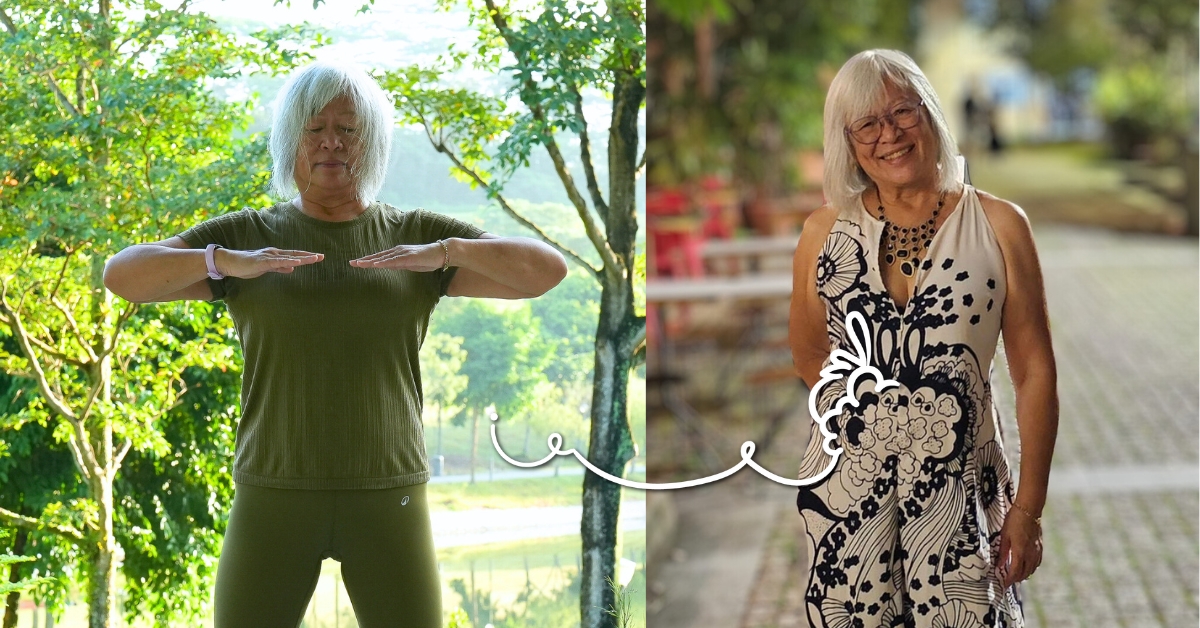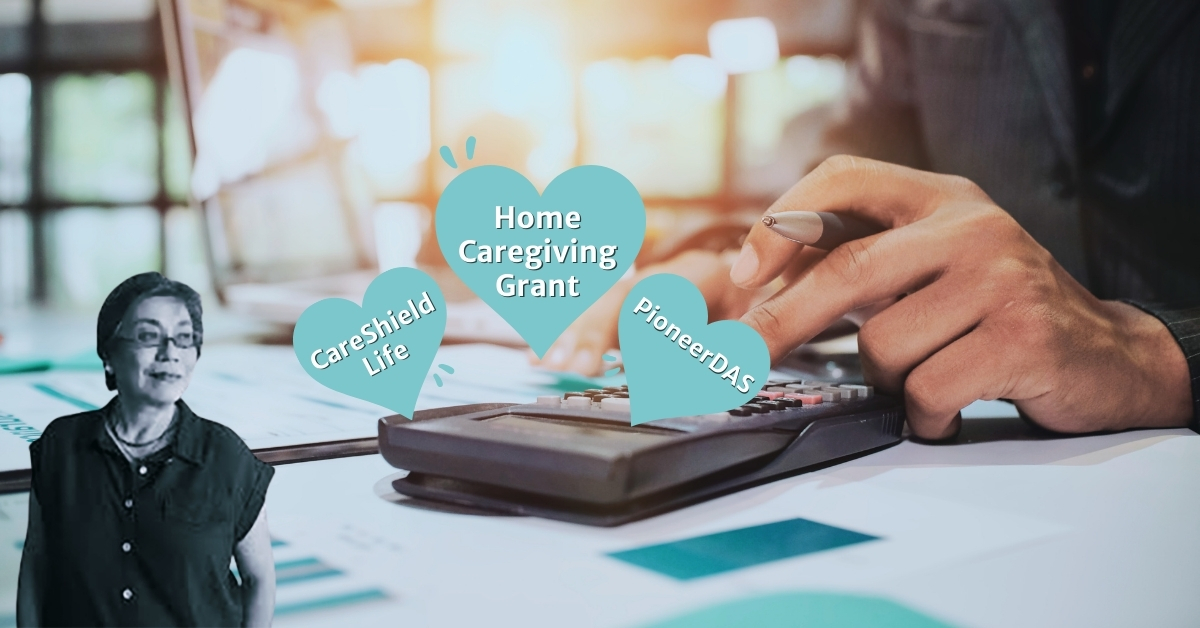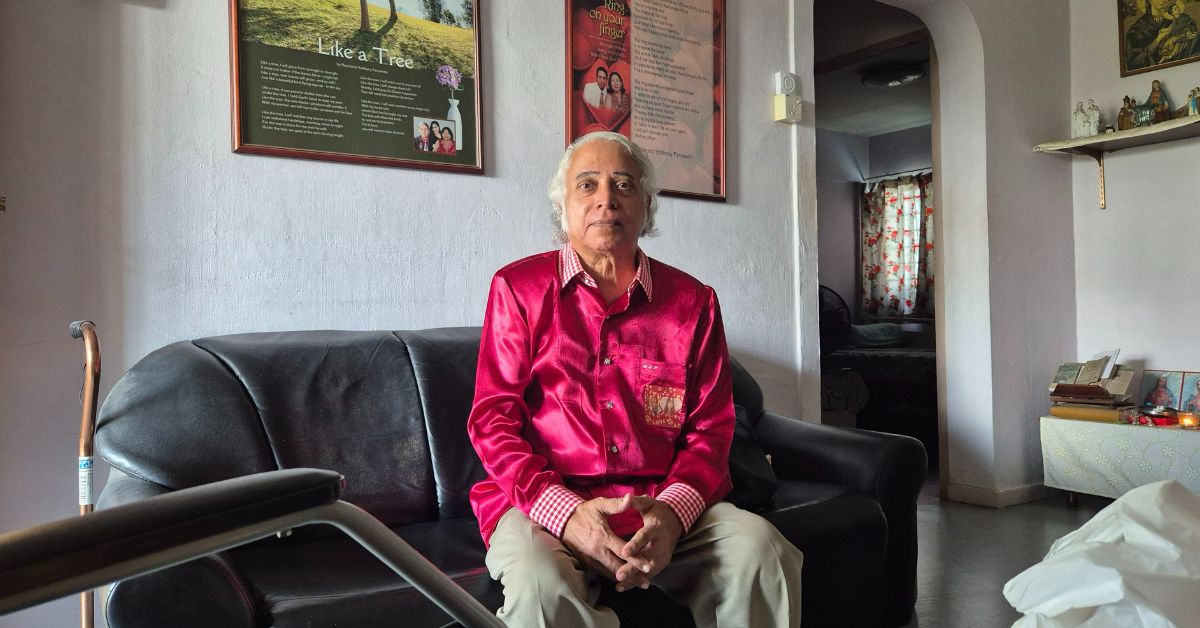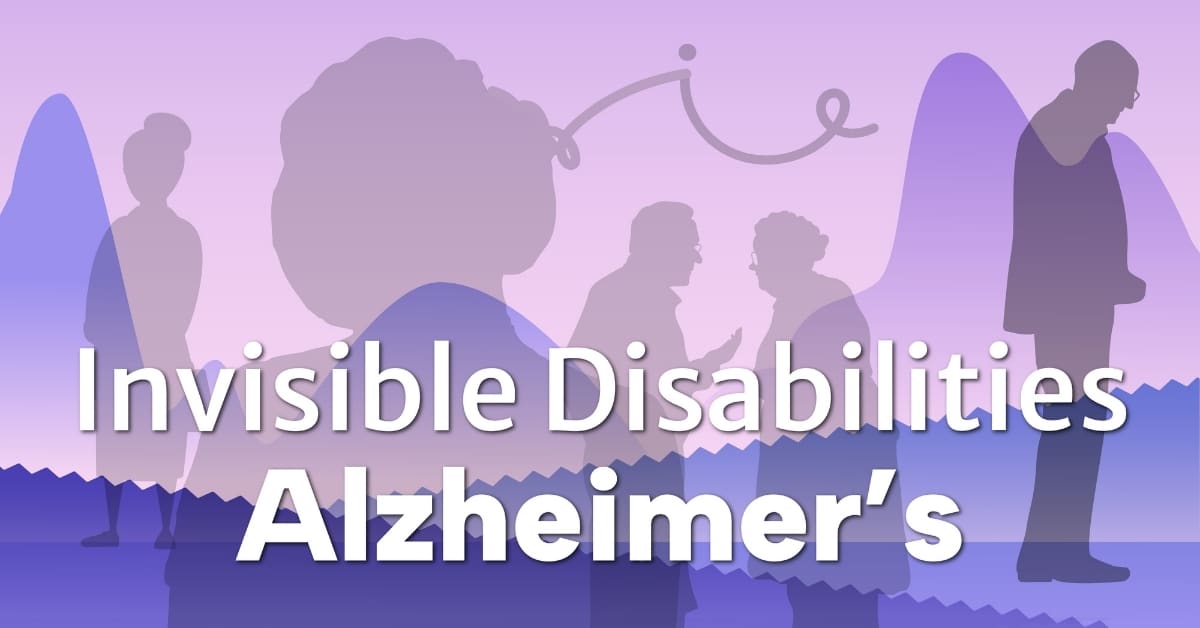
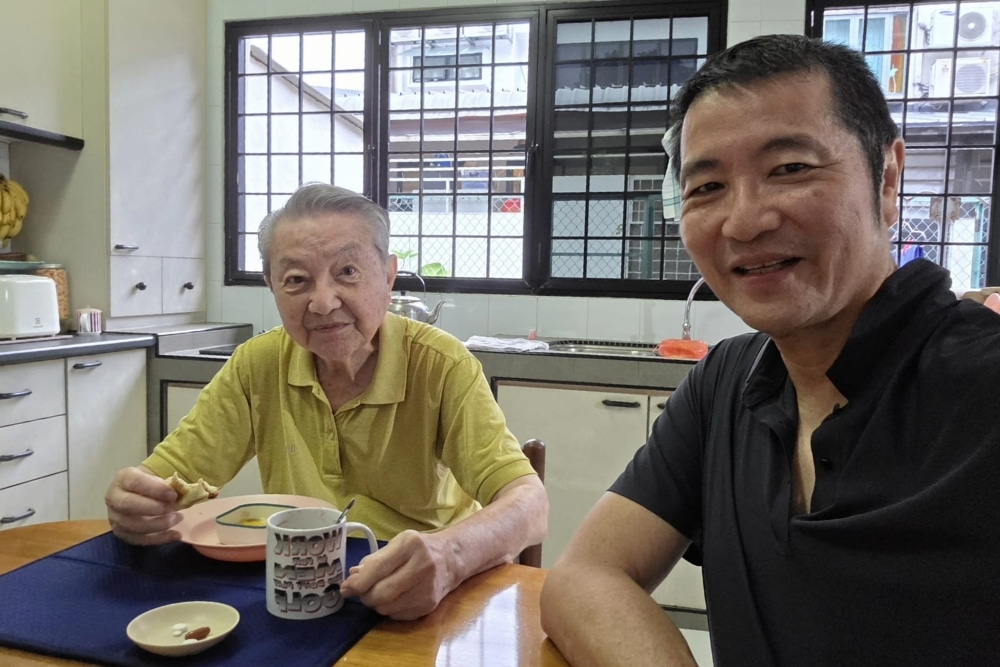
Credit: Arthur Foo
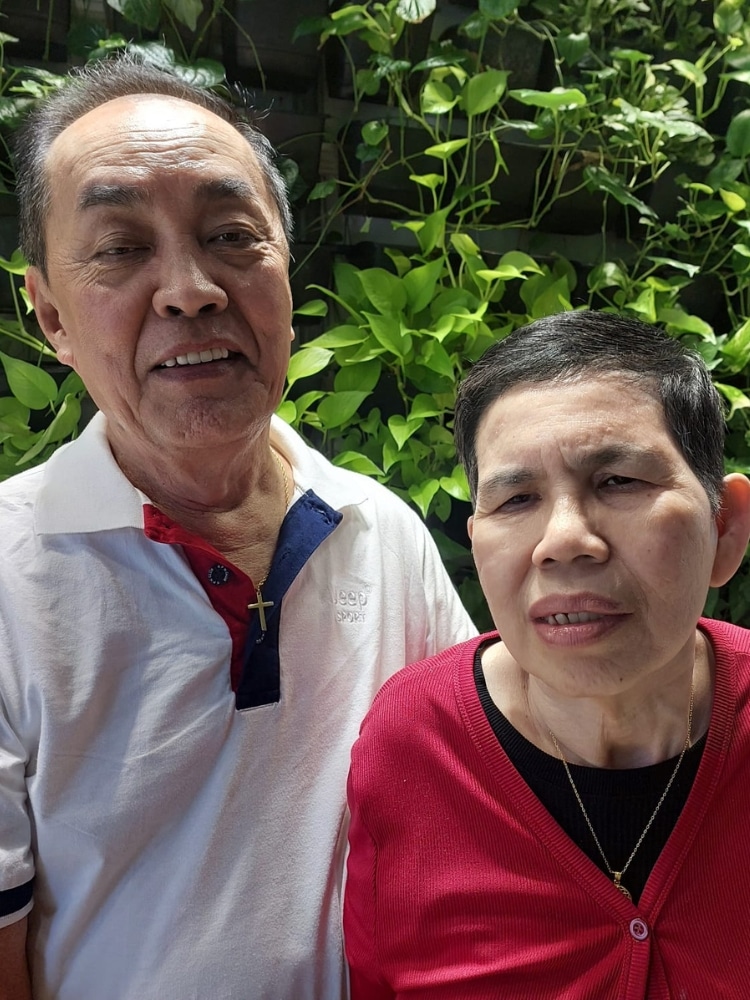
Credit: Methodist Welfare Services
"Now, with the staff at MWS Senior Care Centre – Eunos caring for my wife, I’m able to catch up on sleep or meet friends for a meal or coffee."
Alzheimer's is the most common form of dementia

Credit: Institute of Mental Health
"For example, the person may start to face problems making bill payments, using the phone, managing medications, driving safely, and meeting up with friends."
Stages and treatment of Alzheimer's disease
"Certain conditions can predispose the patients to faster progression of dementia, for example, developing delirium or stroke."
Dr Shah says that, on average, people with Alzheimer’s disease live between three and 11 years after diagnosis, but some live 20 years or more.

Credit: National Neuroscience Institute
In terms of risk factors of developing Alzheimer’s disease, Dr Shah mentions age, family history, and female gender.
"Caregivers can also help to slow down the progression by helping the patient maintain good diabetic and blood pressure control, engaging them with activities and exercise, and stopping their alcohol intake and smoking."
Also read:
Influenza 101: All About Flu Vaccines, Pneumonia & The Japanese Flu Wave
The recent rush on flu vaccines in Singapore might be a sign that fears over the flu are boiling over. Here’s what you need to know about influenza, pneumonia and the flu outbreak in Japan.
To Be Or Not To Be On A Cycling Path? That Is The Confusing Singapore Question
Attempts by the authorities to separate riders from walkers are terrific, but the shared cycling and pedestrian paths remain as grey areas and no one wants to go to prison, muses Neil Humphreys.
Support for caregivers
"Additionally, persons living with dementia often have difficulty communicating their unmet needs. Hence, they may act out or have behaviour problems and these may exacerbate caregiver stress and can lead to caregivers experiencing burn out."
"The app also has mini games, which caregivers can play together with the persons living with dementia, engaging them in the process."
Importance of understanding what Alzheimer's is
"Familiar places may suddenly feel strange, simple tasks can become overwhelming, and words they’ve known their whole life may no longer come easily. These changes aren’t a reflection of who they are at their core. They’re the result of a disease that alters the brain."
This article is part of a series on invisible disabilities, an umbrella term that refers to types of disabilities, chronic conditions, or medical/neurological conditions that are not immediately apparent to others. We seek to understand more about these invisible disabilities and how we, as loved ones or as general members of society, can better support others going through it.
The Agency for Integrated Care (AIC) provides resources to empower caregivers to better care for their loved ones while taking care of themselves. Visit AIC’s website for more information.

